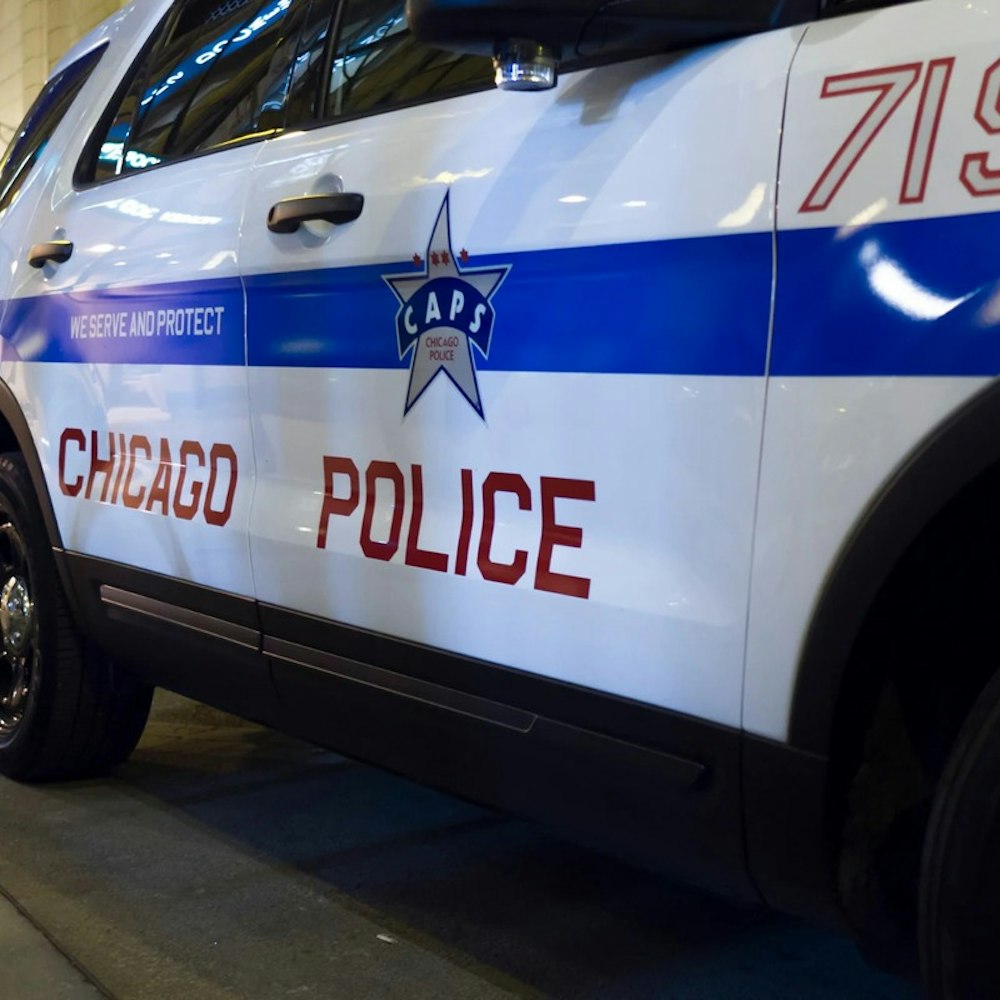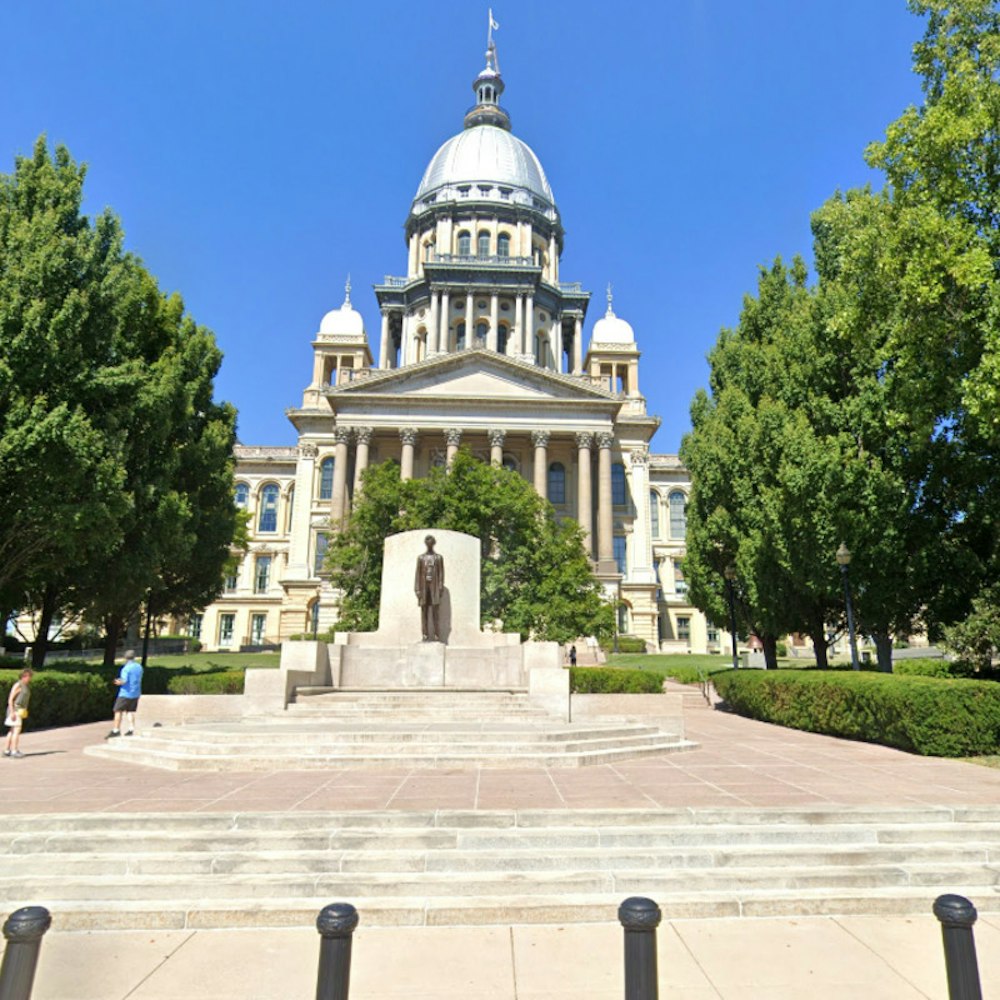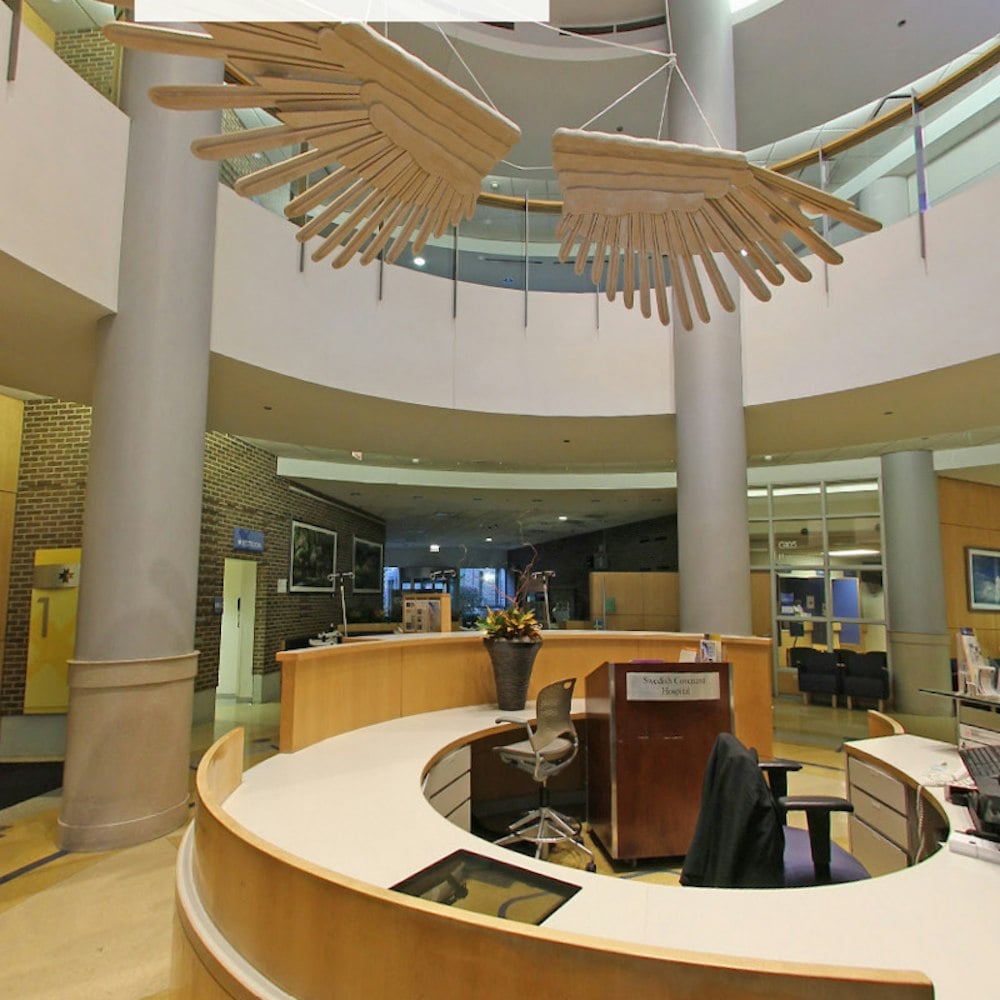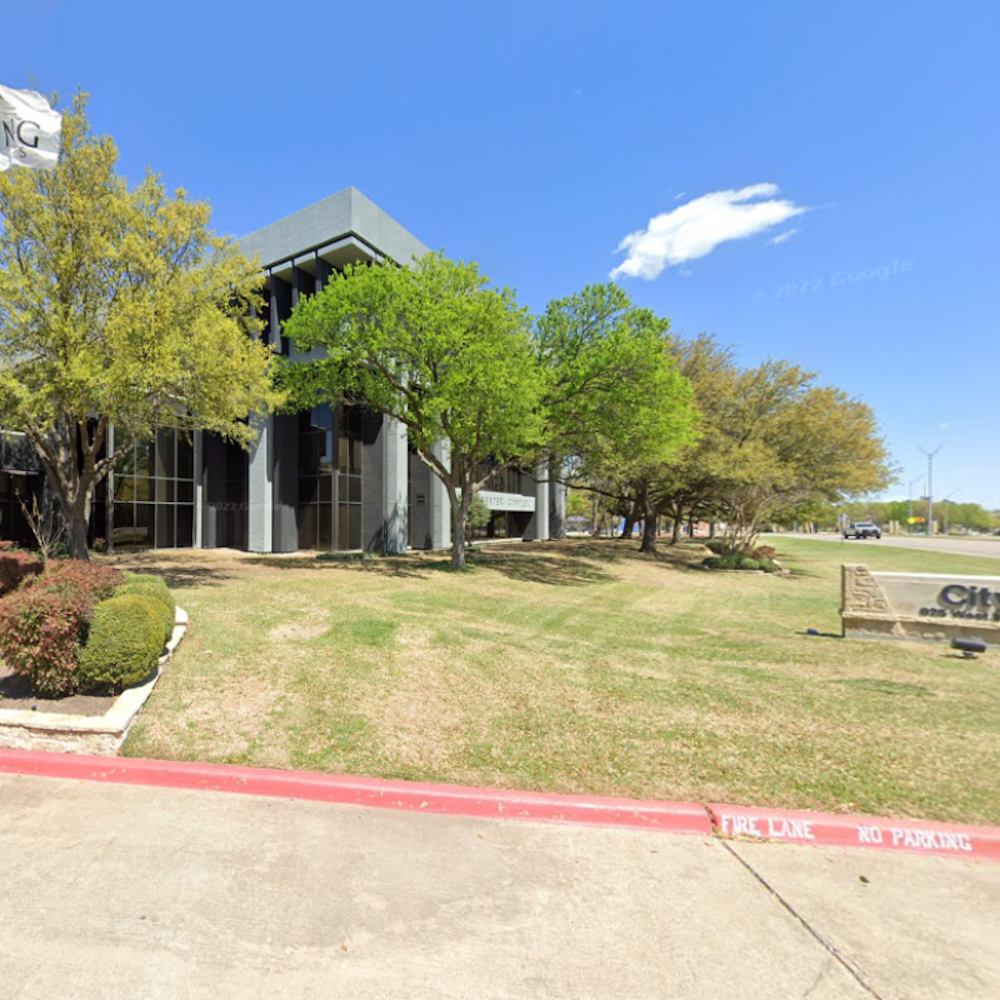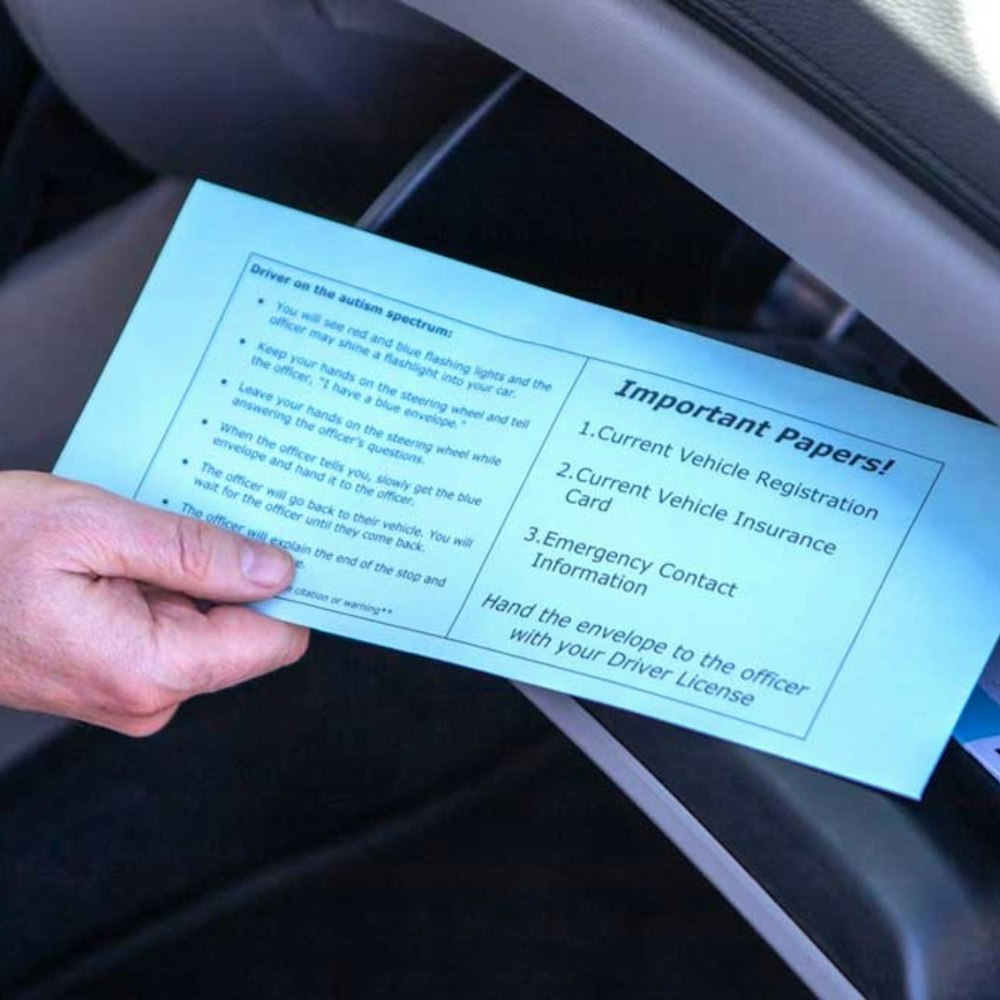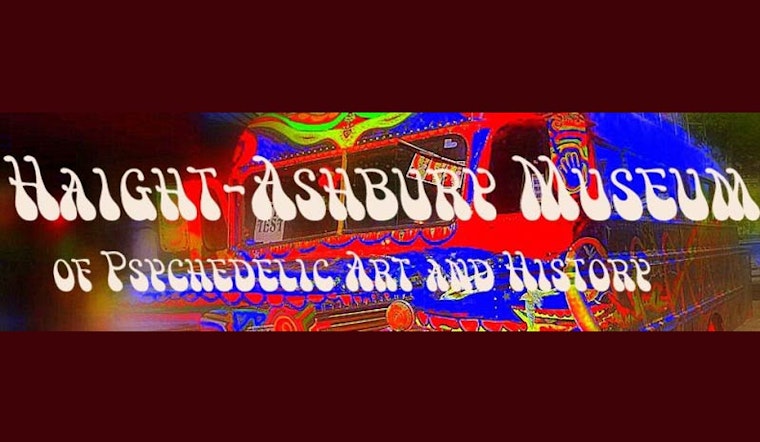
The Haight is about to be home to a shiny new cultural destination: a psychedelic museum.
The Haight-Ashbury Museum of Psychedelic Art and History -- brainchild of a young man who asked to be referred to simply as Jeff or, alternately, as Emmett Grogan -- is likely to be a charming addition to San Francisco's quirky past. The paradox of the Haight, Jeff says, is that it holds some of the city's most colorful culture and history, but there's no place for that culture to be collected and celebrated. He remembers coming to the Haight as a teenager, and being disappointed that the only tangible fragments of the Haight's towering cultural history were some renovated Victorians (the Dead house) and T-shirt shops. Later, traveling in Mexico, Jeff found the model for the kind of cultural archive that might best capture the Haight, in the various small museums of the native Huichol people. "San Francisco needs something like that," he says, "but no one's willing to do it." The museum's goal is not to be Sixties-specific, as Jeff puts it, but to capture the whole spectrum of psychedelic culture, from its pre-historic, shamanic roots up to its present renaissance, to demonstrate psychedelic culture as a world community with a coherent tradition. The idea is "to combine all of psychedelic culture into one space that focuses on the Haight, but shows that it didn't start in the Haight and didn't end in the Haight either." In addition to the standard Sixties artifacts one might expect in a Haight museum, Jeff wants to include post-Sixties and contemporary offshoots of psychedelic culture, like the various rave and post-rave scenes that have cropped up periodically over the decades, back-to-the-land communes, and artist festivals and communities like Burning Man. As to the particular artifacts and media the museum is looking for, there will be a range: visual art, Haight Ashbury posters, music, album covers, underground newspapers and flyers from the Sixties, and an archive of interviews with people who have lived in the Haight, and whose lives have intersected with its psychedelic moment. Jeff said he's already been in touch, for example, with people from the wave of back-to-the-landers that established free communities in the Haight and left the city for communes before the summer of 1967. The psychedelic museum, a project that's been in the works for some time now and is steadily gaining momentum, is still very much a work-in-progress: Jeff is still working to secure a physical location, and still compiling an archive of materials to catalog. But ideally, he says, the museum would be on its feet and operational some time this summer. We'll keep you posted. In the meantime, you can track the museum's progress (or donate, if you're excited about it) here.
The Haight-Ashbury Museum of Psychedelic Art and History -- brainchild of a young man who asked to be referred to simply as Jeff or, alternately, as Emmett Grogan -- is likely to be a charming addition to San Francisco's quirky past. The paradox of the Haight, Jeff says, is that it holds some of the city's most colorful culture and history, but there's no place for that culture to be collected and celebrated. He remembers coming to the Haight as a teenager, and being disappointed that the only tangible fragments of the Haight's towering cultural history were some renovated Victorians (the Dead house) and T-shirt shops. Later, traveling in Mexico, Jeff found the model for the kind of cultural archive that might best capture the Haight, in the various small museums of the native Huichol people. "San Francisco needs something like that," he says, "but no one's willing to do it." The museum's goal is not to be Sixties-specific, as Jeff puts it, but to capture the whole spectrum of psychedelic culture, from its pre-historic, shamanic roots up to its present renaissance, to demonstrate psychedelic culture as a world community with a coherent tradition. The idea is "to combine all of psychedelic culture into one space that focuses on the Haight, but shows that it didn't start in the Haight and didn't end in the Haight either." In addition to the standard Sixties artifacts one might expect in a Haight museum, Jeff wants to include post-Sixties and contemporary offshoots of psychedelic culture, like the various rave and post-rave scenes that have cropped up periodically over the decades, back-to-the-land communes, and artist festivals and communities like Burning Man. As to the particular artifacts and media the museum is looking for, there will be a range: visual art, Haight Ashbury posters, music, album covers, underground newspapers and flyers from the Sixties, and an archive of interviews with people who have lived in the Haight, and whose lives have intersected with its psychedelic moment. Jeff said he's already been in touch, for example, with people from the wave of back-to-the-landers that established free communities in the Haight and left the city for communes before the summer of 1967. The psychedelic museum, a project that's been in the works for some time now and is steadily gaining momentum, is still very much a work-in-progress: Jeff is still working to secure a physical location, and still compiling an archive of materials to catalog. But ideally, he says, the museum would be on its feet and operational some time this summer. We'll keep you posted. In the meantime, you can track the museum's progress (or donate, if you're excited about it) here.
